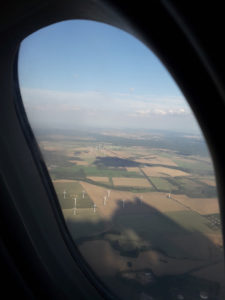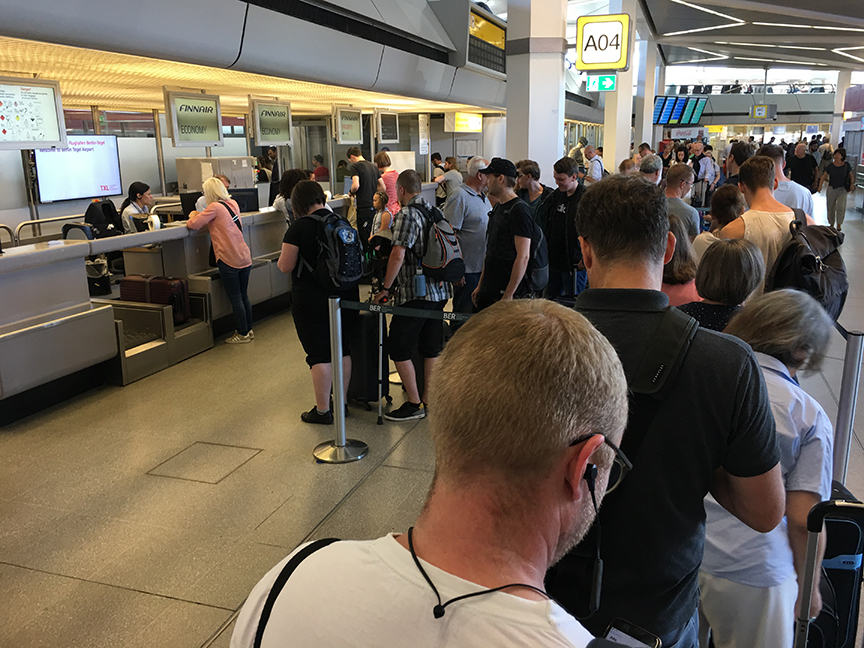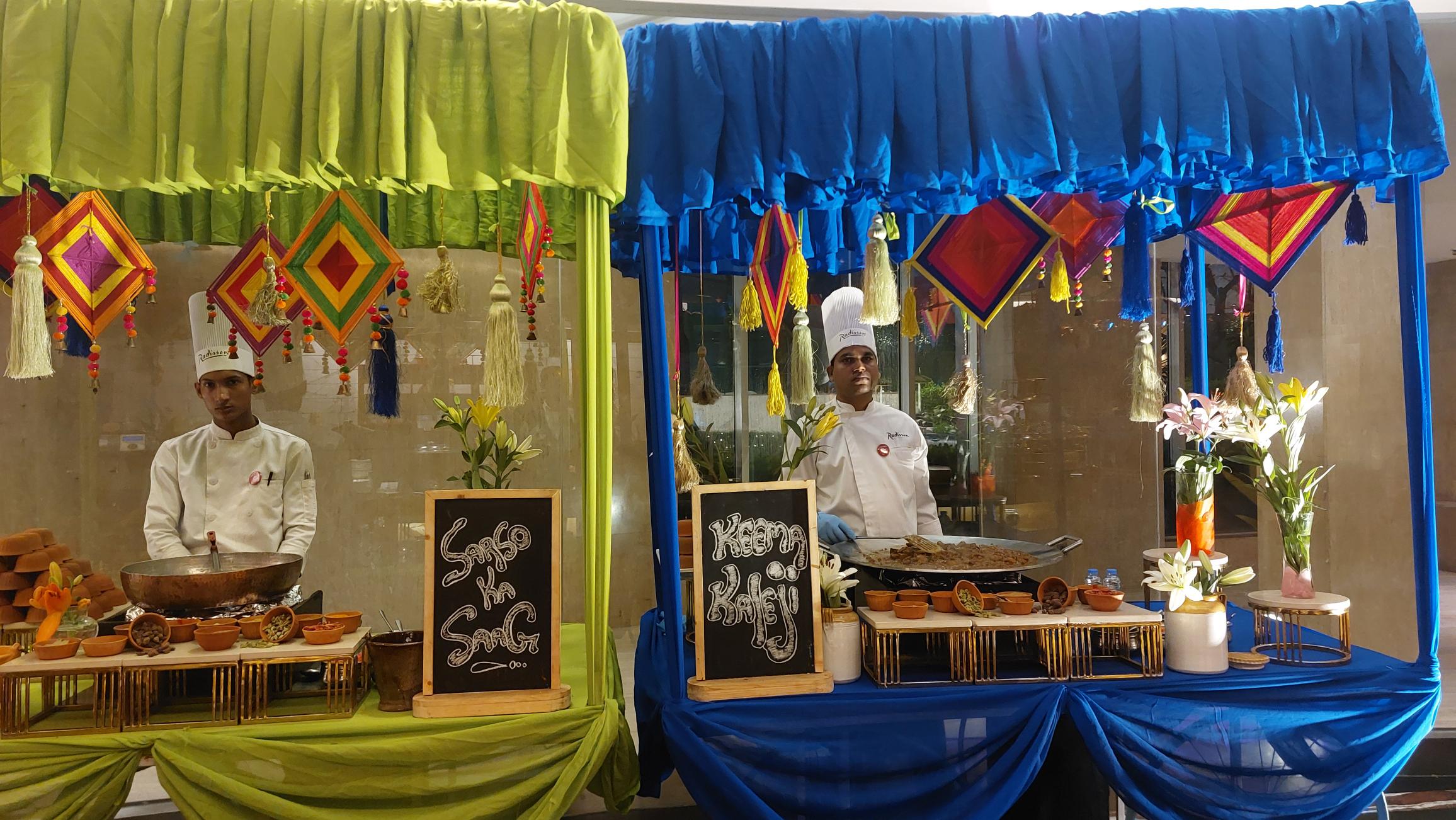Air India operated special flights to fly stranded foreigners home long after European airlines stopped services. Now the crew is transporting thousands of Brits home in dozens of chartered flights
In early March, as the number of Coronavirus cases was rising in the UK, many British citizens decided to shift base and made their way to the subcontinent. Goa was their prime destination and they kept arriving as late as mid-March, settling in Goa and other coastal towns in southern India. To them, the idea was that India would be a safer place to avoid the pandemic as the number of confirmed cases in the country at the time was very low. And the cases being reported were mostly confined to the Northern part of the country. This was surprising: Brits were coming to India despite imminent lockdown when people are expected to stay put in their homes.
A senior air hostess with Air India, who wants to be identified as AHJ, supervised the last commercial flight from Mumbai to London and back to Mumbai a day later on March 11. When she arrived in London on March 10, there were hardly any bookings for the return flight, some 100-odd passengers were to fly from London to Mumbai, mostly natives eager to return before an imminent lockdown.
However, AHJ was in for a surprise. To her utter amazement, the return flight was nearly full, and most of the passengers, at least half of the 300-plus on board, were British. AHJ didn’t interact much with the passengers but was informed by other air hostesses that many of the Brits were heading to Goa, to their winter homes. Some of them had a permanent place to stay while others had invested in properties close to the sea, or in the woods. They were using the shutdown in their country to holiday in tropical climes.

They were right, to some extent, that they would be safe away from home. There was an explosion in the number of Coronavirus cases in England, with 93,873 positive cases and more than 12,000 deaths. Even Prime Minister Boris Johnson and Prince Charles couldn’t escape the pandemic. With time, the situation in India has also changed and so have the plans of British travellers. There are now about 11,480 confirmed cases in India. But, the numbers could be much higher as the rate and extent of testing is not comparable with their counterparts in the West. “The state of health infrastructure is also a matter of concern,” says George (name changed on request), 53, who is to take a flight home from Goa on April 17 with his wife and another couple he’s holidaying with here.
An estimated 35,000 British nationals are currently in India as per the British High Commission (BHC), and about 20,000 have expressed their wish to return as soon as possible. To facilitate this, the BHC is organising chartered flights as commercial flight services have been suspended “to rescue thousands of stranded Brits, ”as per Sally Hedley, Head of Communications with BHU. So far three chartered flights have left from Goa on April 8, 10 and 12 and two flights each from Mumbai and Delhi on April 9 and 11. But the demand is growing, so the BHC announced 12 additional charter flights last week. In all, there will be 19 flights transporting 5,000 British citizens home.
Announcing additional chartered flights, Jan Thompson, the Acting High Commissioner to India, said, “We can confirm 12 more charter flights to bring British travellers back home -– on top of the flights already launched. We are extremely grateful for the support we are receiving from the Government of India on this.” The first flight arrived at the London Stansted on April 9 with 317 British nationals from Goa. “We know how worrying the past few weeks have been for British nationals in India. I hope this announcement will bring relief, especially to those in greatest need,” added Thompson.
The new chartered flights will leave from Amritsar on April 13, 17 and 19, from Ahmedabad on April 13, 15, from Goa on April 14, 16 and 18 (via Mumbai); Thiruvananthapuram (via Kochi) on April 15; Hyderabad (via Ahmedabad) on April 17 April; Kolkata (via Delhi) on April 19 and Chennai (via Bengaluru) on April 20. The UK Government is working around the clock to support British travellers who wish to return and will provide up to £75 million to enable special charter flights to bring home its citizens. “We are doing all we can to get thousands of British travellers in India home. This is a huge and complex operation which also involves working with the Indian Government to enable people to move within India to get on these flights,” explained Lord (Tariq) Ahmad, UK Minister of State for South Asia and the Commonwealth.
However, AHJ expresses concern about the safety of the crew involved in the operations to enable the return of foreign nationals and she is not alone. The pilots and air hostesses have been discussing the issue in their Whatsapp group. Air India continued to operate special flights to Europe to ferry locals back home from India while the European airlines had already stopped flying from India a week ago. AHJ supervised the last special flight from Mumbai to Frankfurt and back on March 31, ferrying Germans to their country. This was a week after Lufthansa operated the last two special flights, the double-decker 500-seater Airbus A380, to fly Germans back.
“Air India was operating special flights to ferry foreign nations long after airlines from their home countries had stopped operations,” explains AHJ, “We were told that the orders are from the Government of India. We were forced to risk our lives to ensure safe returns of the Europeans.” She is not happy about this. She was on duty for 20 hours, Mumbai-Frankfurt and back, and wore a hazmat suit (hazardous materials suit), also known as a decontamination suit all this while, despite the discomfort. “Half of the passengers were not even wearing masks,” she says and is appalled at the casual attitude of the passengers.
In the current pandemic, it’s a risky operation to fly people back home. And like doctors and nurses, air hostesses and pilots are risking their lives to ensure the safe return of stranded foreigners.





